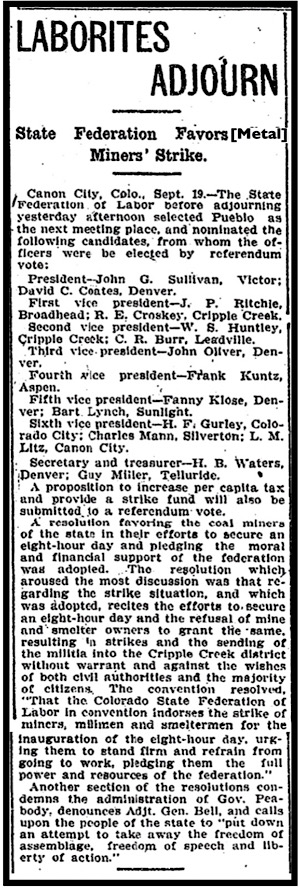 —————
—————
Hellraisers Journal – Sunday October 5, 1913
Annie Clemenc, Wife of Striking Miner, Arrested Yet Again
From the Michigan Miners’ Bulletin of October 2, 1913
A Woman’s Story
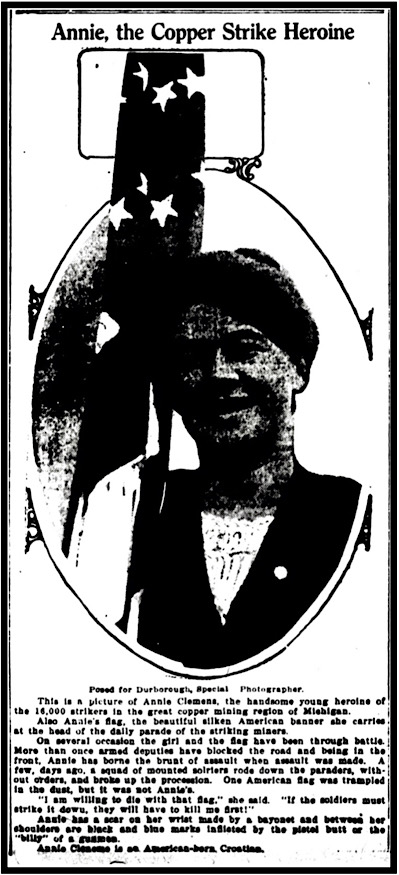
At Seventh Street Tuesday morning a party of strikers met a man with a dinner bucket. I asked him: “Where are you going, partner?” He replied: “To work.” “Not in the mine are you?” “You bet I am.” after talking with him a while his wife came and took him down the street. She seemed very much afraid.
He had just gone when a couple of Austrians came along with their buckets. I stepped up to one I knew: “O! George, you are not going to work, are you? Come, stay with us. Don’t allow that bad woman to drive you to work. Stick to us and we will stick to you.” He stepped back, willing to comply with my request.
Then the deputies came, caught him by the shoulder and pushed him along, saying: “You coward, are you going back because a woman told you not to go to work?” The deputies, some eight or ten of them, pulled him along with them.
A militia officer, I think it was General Abbey, said: “Annie, you have to get away from here.” “No, I am not going. I have a right to stand here and quietly ask the scabs not to go to work.”
I was standing to one side of the crowd and he said: “You will have to get in the auto.” “I won’t go until you tell me the reason.” Then he made me get in the auto. I kept pounding the automobile with my feet and asking what I was being taken to jail for. The officer said: “Why don’t you stay at home?” “I won’t stay at home, my work is here, nobody can stop me. I am going to keep at it until this strike is won.” I was kept in jail from six-thirty until twelve, then released under bond.
[Newsclip added. Emphasis added.]
Note that Annie was arrested by the military only for talking quietly to the scabs. The deputies who man-handled the scab and forced him to go to work against his will were not in any way molested by the military.
This same issue of the Miners’ Bulletin (page 2) contains an affidavit sworn to and signed by 24 strikebreakers. They tell of being shipped into the Copper Country under false pretenses, of being beaten when they refused to work after they realized that a strike was on, of then being kept prisoner in a boarding house for refusing to work, and of not being paid for the work that they did do. These men were finally released, and then made their way to the Union Hall. They swore out their affidavit on Sept. 29 in Houghton County.
And thus, not only do the soldiers not prevent the deputies from making prisoners of imported workers who refuse to be turned into scabs, but the soldiers actively assists these deputies. In fact, many of the soldiers have been made deputies once their term of service ends.
On Wednesday, October 1, Annie, known as the Joan of Arc of the striking copper miners, was arrested yet again, this time by a Major Harry Britton. Annie was marching at the head of 400 strikers, carrying her huge American flag as usual. They were on their way to perform picket duty at the mines when they were stopped by deputies and cavalrymen with Major Britton in command.
Major Britton attempted to arrest Annie, claiming she spit at a scab. When the Major used his sword to beat back a striker who came to Annie’s aid, other strikers joined in the fray. Cavalrymen then charged into the midst of the strikers. Major Britton bragged:
Excited horses prancing about are the best weapons.
He describe the results with satisfaction:
..a striker with his head bleeding, blood flowing down over his shirt, [was] half-staggering along the road.
Annie was arrested along with nine others. Annie was released and an the very next day lead another strikers’ march with her immense American flag.
Continue reading “Hellraisers Journal: From the Michigan Miners’ Bulletin: “A Woman’s Story” by Annie Clemenc of Calumet” →
 —————
—————
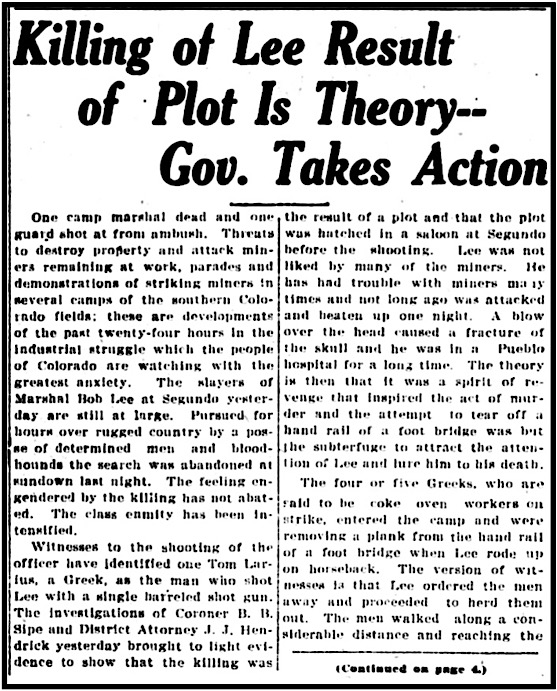
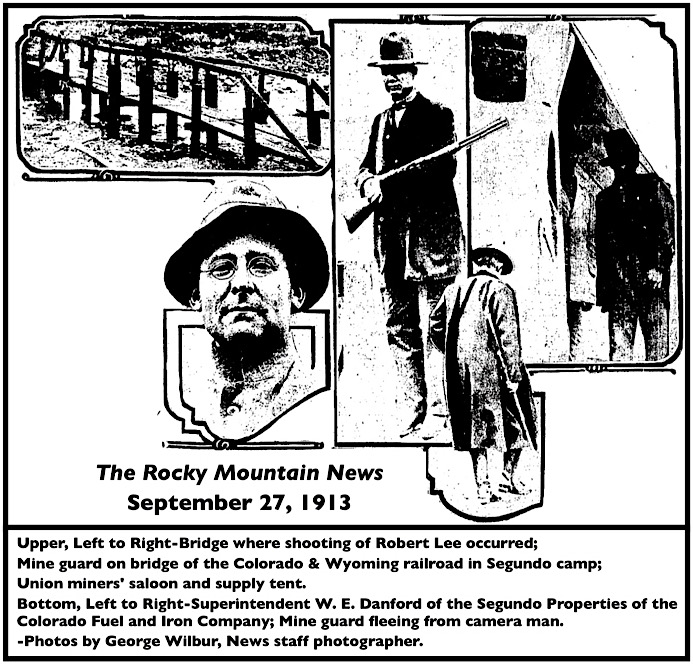
 —————
—————
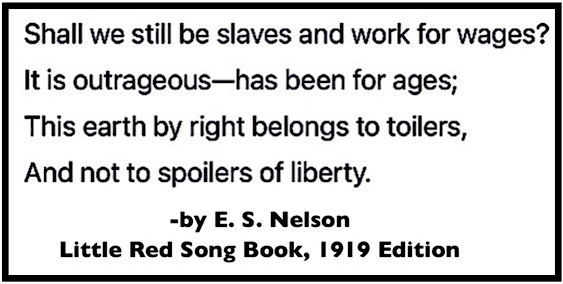 —————
————— —–
—–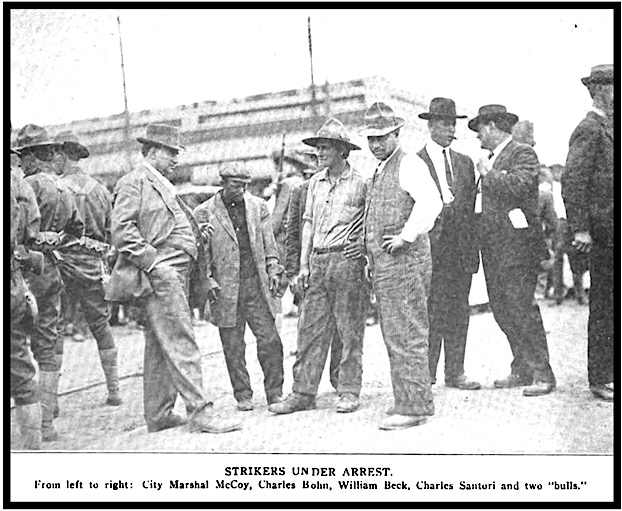
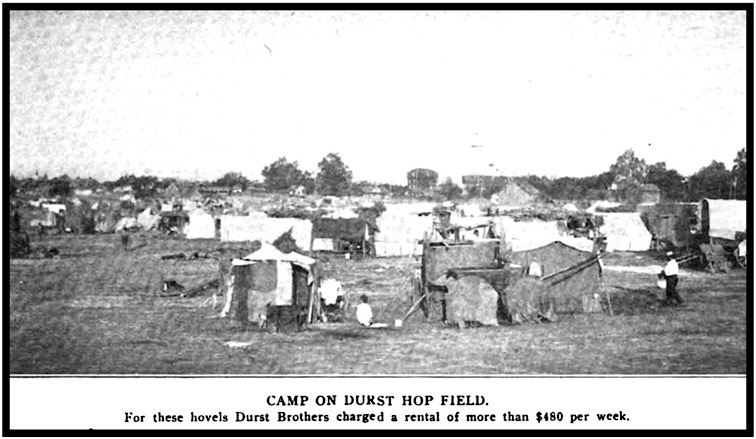
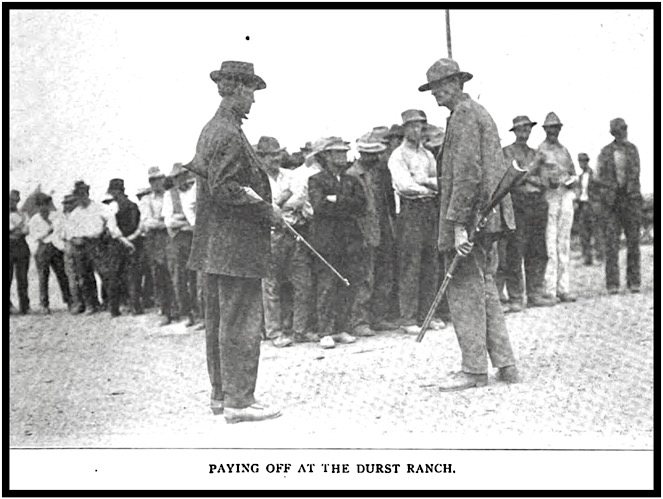
 —————
—————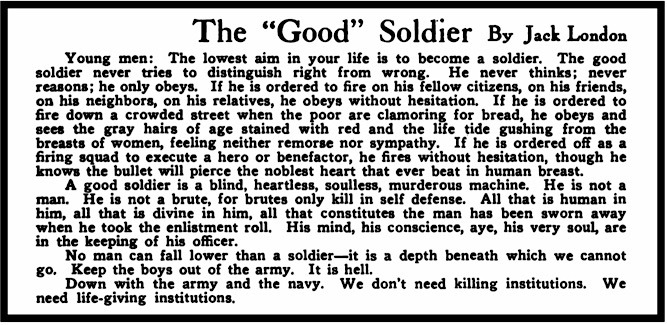
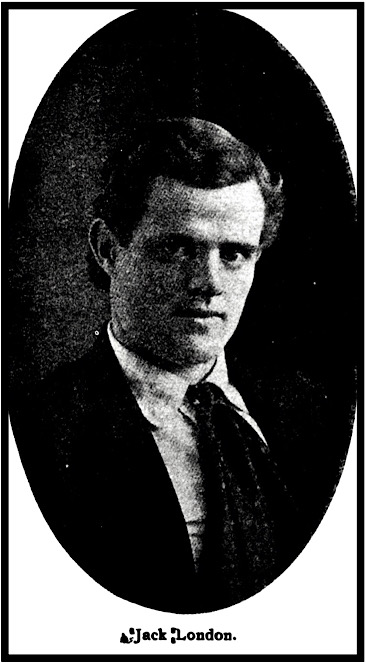
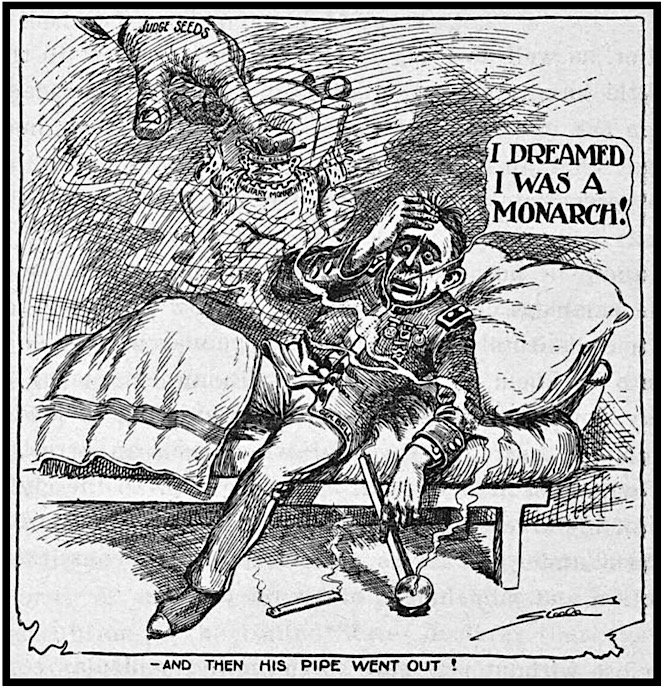
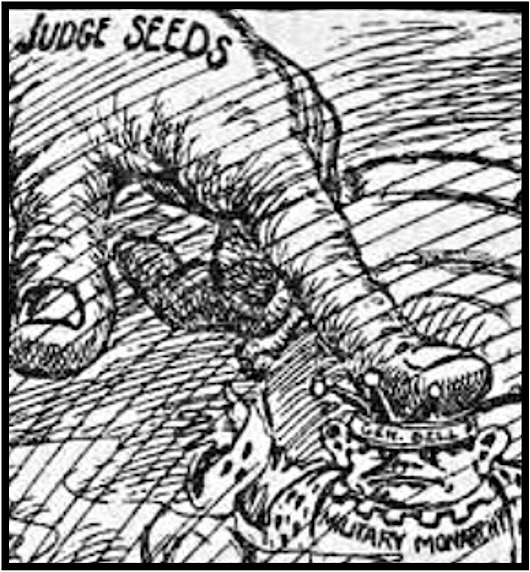
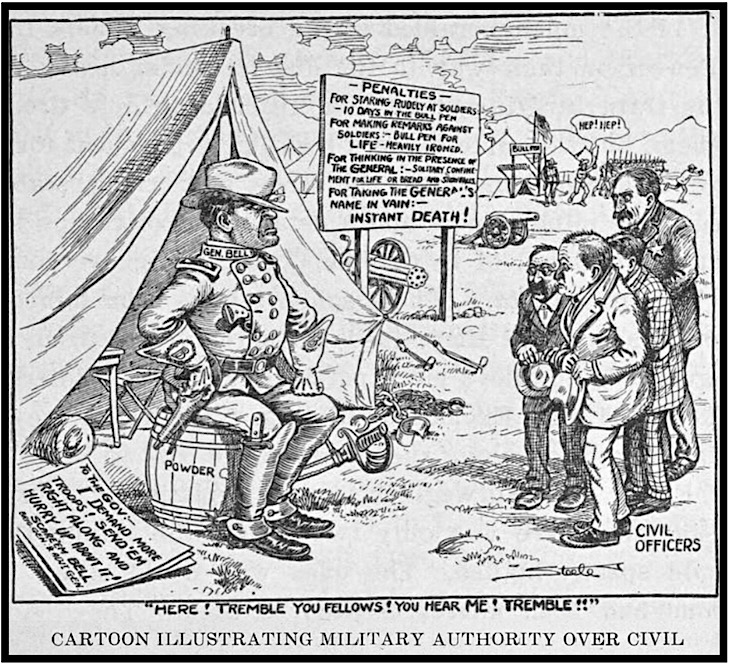
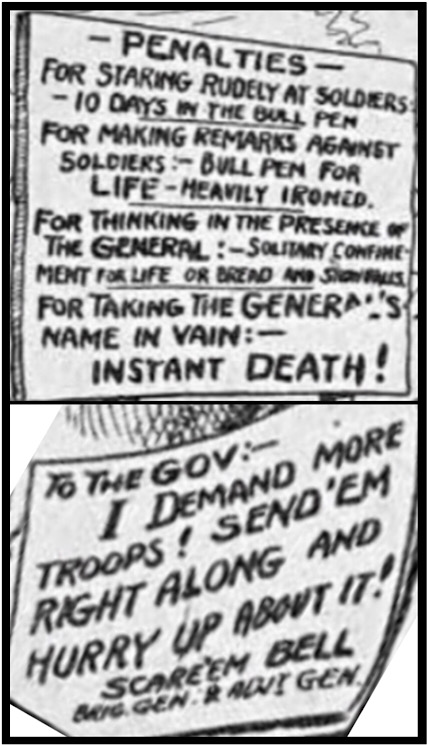
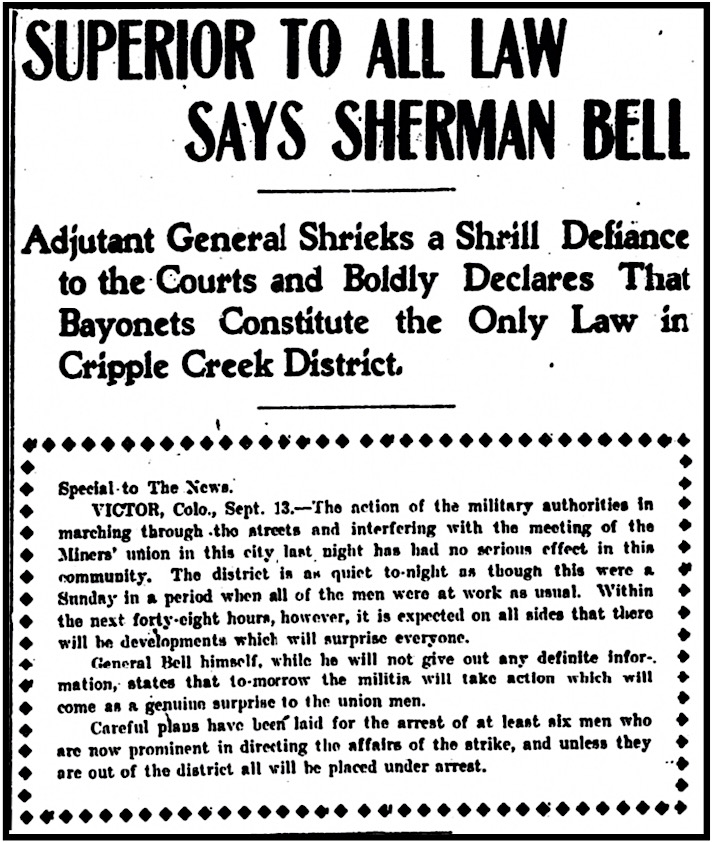
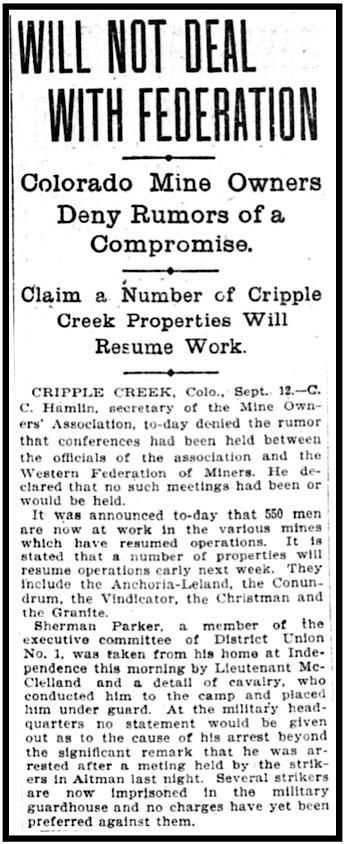
 —————
—————